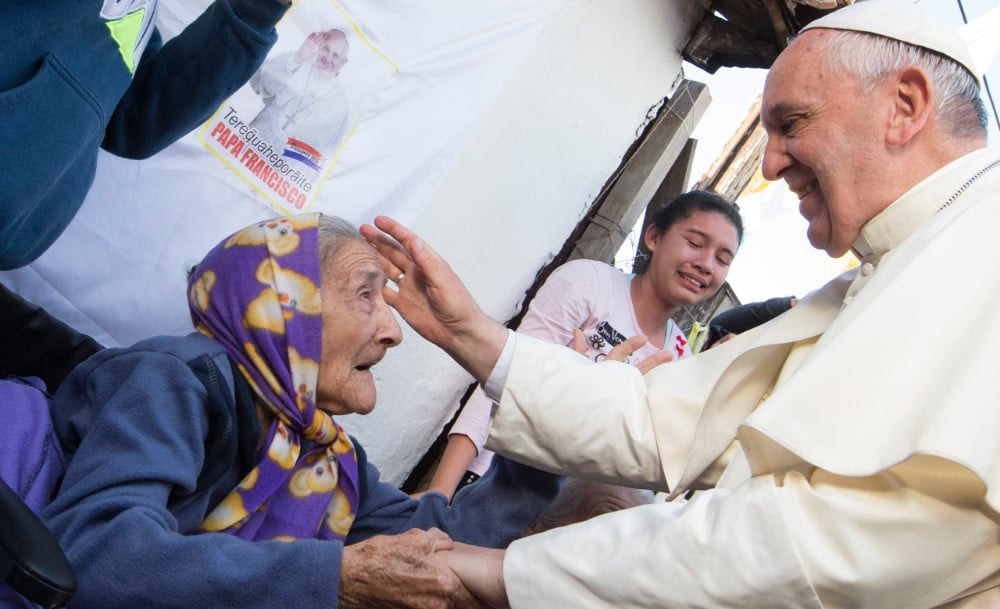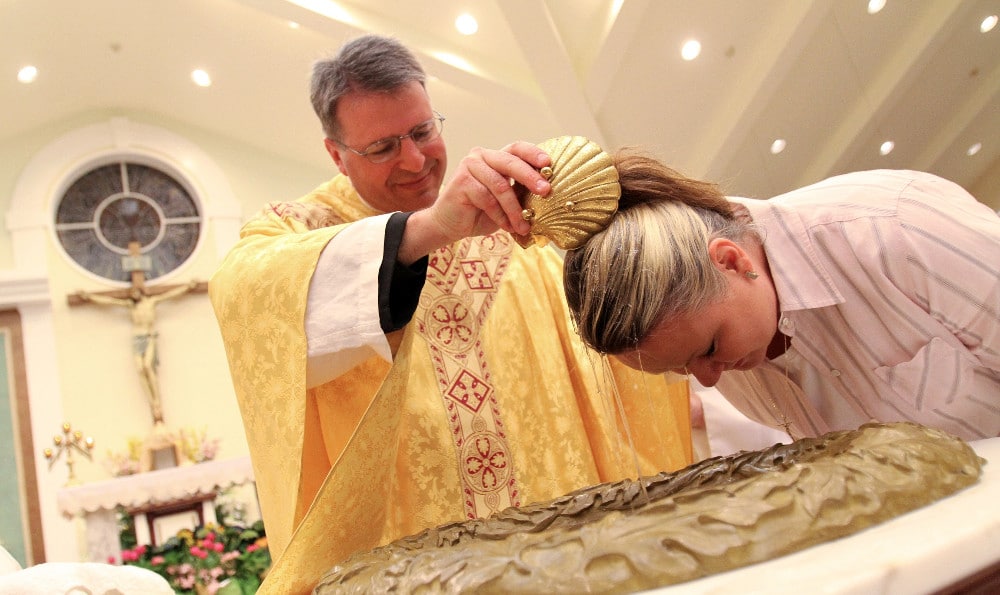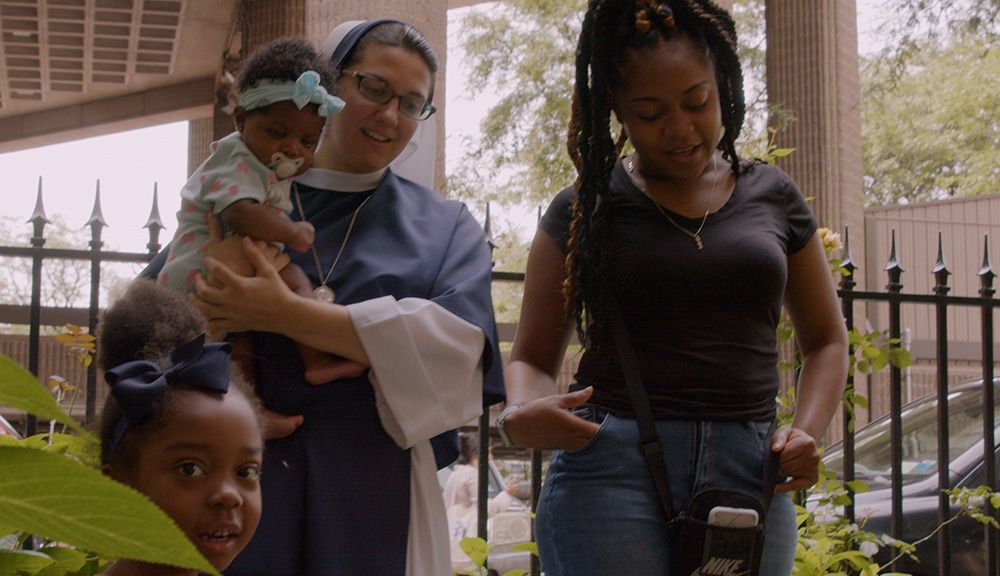 Without Good Friday, there is no Easter Sunday. Without the Cross, there is no empty tomb. Without humility, there is no glory.
Without Good Friday, there is no Easter Sunday. Without the Cross, there is no empty tomb. Without humility, there is no glory.
Christianity, as writers from the New Testament on up to G.K. Chesterton and beyond have noted, is a religion of contradictions. Other religions, especially in the East, speak of the death of the self, but only Christ tells us that, if we die to self, then we will truly live. To become what God wanted us to be when he first created us, before Eve ever listened to the serpent and plucked the apple from the tree of the knowledge of good and evil, we must become like the grain of wheat that falls to the ground and dies before springing up to new life.
One of the most fascinating things about the season of Lent is that it wasn’t imposed from the top down by the Church but developed instead from the desire of ordinary Christians to live what they heard expressed in the Gospels. The original fast for Lent was tied to the catechumenate, to those who would enter the Church at the Easter Vigil. In preparation for being born again through the waters of baptism and being sealed with the Holy Spirit and receiving for the first time the body and blood of their Savior, catechumens would fast throughout Holy Week. The practice soon spread to what we would now call their sponsors, and then to the local Church as it prepared to accept new members of the body of Christ, and finally to the Church as a whole.
But it didn’t stop there. Over the first centuries of the Church, the Lenten fast was extended back past Palm Sunday through the desire of the people to prepare themselves properly for the mystery of Christ’s death and resurrection. In the end, in the Church in the West, that desire to make their fast perfect was satisfied by beginning the season of repentance not with the First Sunday in Lent but on Ash Wednesday, so that — with Sundays excepted, of course, since no fasting was allowed on the day of the Lord’s resurrection — the Lenten fast would last exactly 40 days.
St. John Chrysostom, in his famous homily on Christ’s resurrection, still read today in many Eastern Catholic and Orthodox churches on Easter Sunday, consoles those who have tarried until the 11th hour — that is, those whose fast has been imperfect, or who felt that they did not humble themselves enough during Lent to deserve the joy of the great feast. All, he says, are welcome at the celebration of Christ’s resurrection, for God showers his gifts on everyone who approaches him with a humble and contrite heart.
In our ego-centric post-Christian world, when we hear that we must take up our cross, must humble ourselves, must die to self, we may find it hard not to see all of these actions with reference to us, to the old man descended from Adam, rather than to the new man we should desire to become in Christ. In a world of relative comfort, we don’t embrace contradictions well. As good consumers, we want salvation, like everything else, on the cheap. Christ died for us; isn’t that enough?
It is enough, and more than enough, as St. Thomas Aquinas said, and yet the paradox of Christianity is that, the more we conform our minds to Christ, the more we desire to unite ourselves to him in sacrifice. “For his sake,” St. Paul wrote to the Philippians, “I have accepted the loss of all things and I consider them so much rubbish, that I may gain Christ” (3:8). The more we set our eyes upon the Cross, and walk with him on the way to Calvary, the greater our joy when we, along with Peter and John and the holy women, discover the empty tomb.
Because then we do not have to ask what it means; we know.
Christ is risen from the dead. / By death he trampled death. / And to those in the tombs / he granted life.
Scott P. Richert is publisher for OSV.







